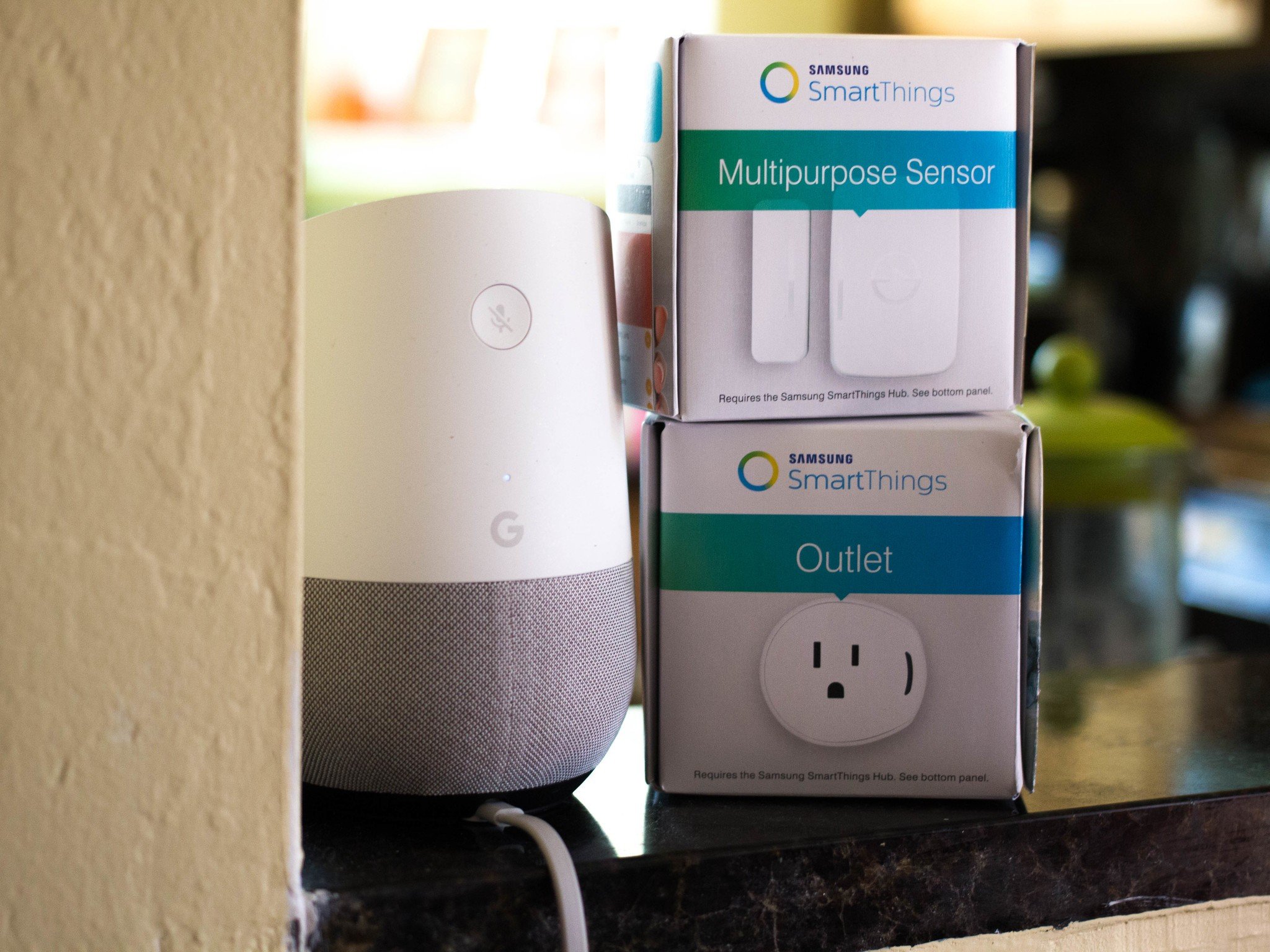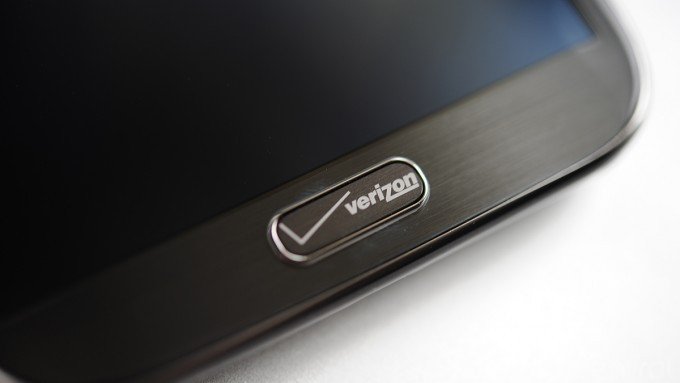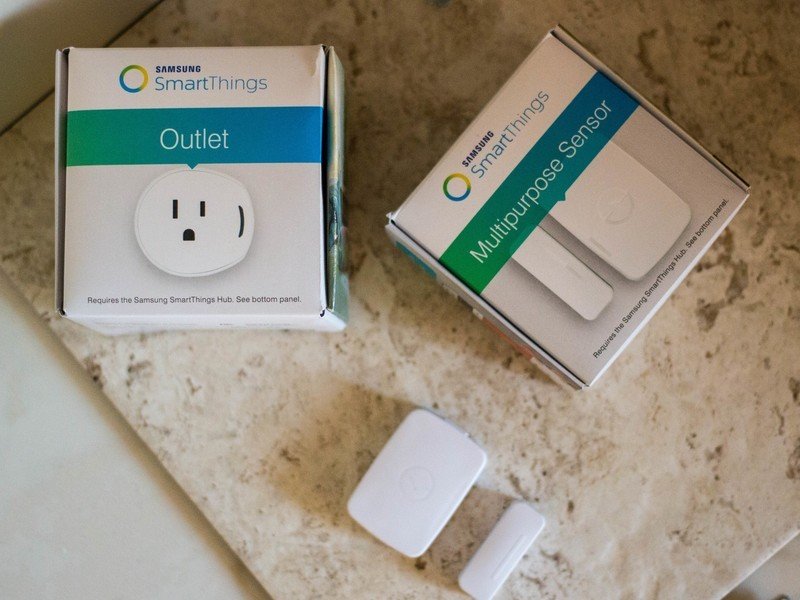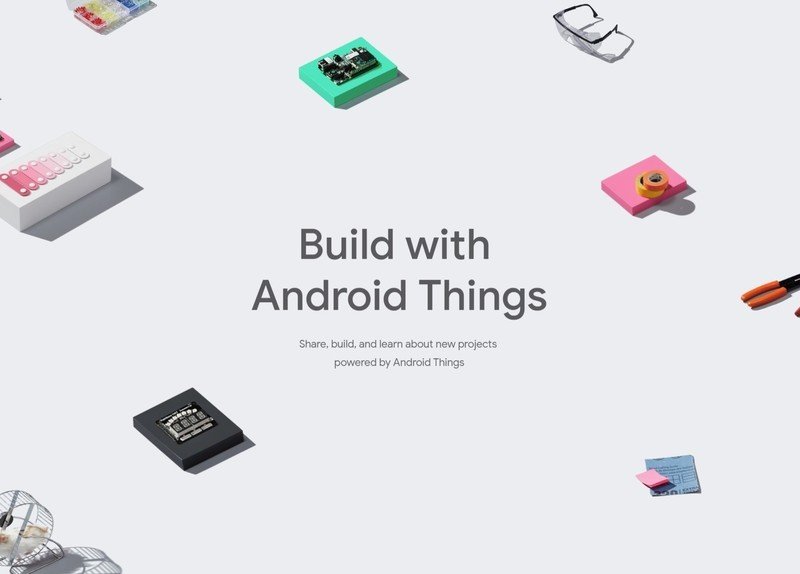Android Things has a chance because it's not very open

Get the latest news from Android Central, your trusted companion in the world of Android
You are now subscribed
Your newsletter sign-up was successful
Google makes a handful of mostly well-received hardware products, but is much better known as a software company. There's plenty of room to argue that they are really an advertising company, and I couldn't disagree, but the things it does that we love are mostly software products.
Around here, we think Android is one of Google's greatest achievements and there are plenty of other people who would agree. Maybe even you. Android is everywhere, and you can't go anywhere without seeing someone staring into their Galaxy phone screen.
Android is free, supported and wide open to customization. Phone manufacturers and carriers love it.
Much of Android's success as phone software is owed to Samsung. Other companies make fine phones that sell in the millions, but none come close to Samsung; it's the biggest phone manufacturer in the world and almost all of their phones run Android, even though Samsung plays a big part in the development of Tizen, which it uses for wearables.
There's good reason for this — Google gives Android away as a complete package that Samsung can work with and maintains the code very well with monthly updates. Google also provides all the services a smartphone needs, including an app store, that Samsung can use in their phones for free.

Samsung also has one huge bonus when making Android phones — it can customize most of it to their liking. Samsung can tweak it for different regions or customize it for a carrier as they wish. Add all these things together, and you see why Android is so popular. Not only Samsung is able to do all of this, but every company that manufactures phones.
North America is filled to the brim with carrier-branded Samsung Galaxy phones and everyone involved — Google, Samsung, and the carrier itself — couldn't be happier. That sort of openness is what made Android become the world's most used operating system.
But Android Things isn't that way. It's more like Chrome, or WearOS and Google gets to say how it's used and what its capabilities are. It's very different from Android used on phones, and that lack of openness is why it might succeed.
Get the latest news from Android Central, your trusted companion in the world of Android
Internet of Sh*t
You probably have seen this play on words. It's funny because it's slightly taboo and because it's true. What everyone refers to as the Internet of Things (IoT) is a huge group of small devices that are all proprietary, don't work very well with each other, and use software that's old as Methuselah and riddled with security holes. It's completely broken and it's a wonder that some products have been as successful as they are.
But the IoT seems like it's made of things that most folks don't want or need, regardless of how cool they may be. For it to grow into what sci-fi writers from the 1950s imagined, it needs to be fixed.
It's not just you. Adoption of Internet of Things devices lags far behind every other category of electronics.
To fix it you need cohesiveness. There needs to be a platform flexible enough for anything and everything, but rigid enough to avoid becoming fractured and broken all over again. That's what Android Things could be.
Imagine if every company that makes smart gadgets were to take Android Things and do whatever they pleased to it. You would lose the rigidity required to keep the software that powers them all running and working together. We actually saw this early in Android running on phone's lifetime.
When the first Galaxy phone was released, you had three major players in the Android hardware world — HTC, Motorola, and Samsung. I remember talking to a developer who was very frustrated over a simple clock widget — the three companies all did something different and a clock widget written for Android as it comes from Google didn't work on any of those phones.
Google had to step in and reimagine what's called a compatibility agreement to force the companies making phones to work with Android apps from the Android Market (the original name of Google's Play Store). All of them.
Android on your phone was quickly broken, then quickly fixed by Google.
That was good for us, the end users, as well as developers. You could have the same apps on your Motorola Droid X as I did on my HTC Desire and the developer didn't have to jump through a million hoops or write different versions of the app to make it happen. Now imagine 300 developers making smart sprinkler controllers and bedside alarm clocks and tire pressure sensors or anything else and none of them are truly compatible with each other. We would be right back where we started.
For the IoT to change from what it is today to the ubiquitous thing we all imagine, everything has to use the same protocols, be able to talk to the same "master" controllers, and most importantly, remain as secure as it can be with regular software updates. That means google has to maintain control of Android Things if it is to fix everything.
Not Just Google

We also need to see other companies being equally aggressive with software designed to control small, low power devices. Apple needs to adapt Homekit, Samsung needs to advance SmartThings, and smaller companies like Wink need their partners (GE and Home Depot in this case) to get serious and push forward.
I'd like to see Amazon acquire some smaller companies that make those things that "work with Alexa", too. We already have a standards body that companies use for wireless communications, and it needs to adapt so that all of these companies are making products that work 100% with each other.
Nobody wants a world where Google controls everything. Not even Google executives.
Competition is what drives a market. Remember, we were all happy with BlackBerry or Windows CE phones before Apple debuted the iPhone. And companies can compete even though they all follow practices that force interoperability. We don't want the future of smart things to become a Google-only product for many reasons. I doubt even Google wants complete domination and would rather have several strong players like we see in the smartphone and computer sectors. It's just not healthy for any market when that happens.
Google and Apple and Microsoft and Samsung competing to sell you a lock for your front door means better features, better security, and an all-around better product.
Nothing is certain

The odds that nothing will change and the Internet of Sh*t will stay just like it is are as strong as the odds that Android Things will make a dent in changing it. Maybe even stronger. But Android Things is a step in the right direction, and by maintaining control over the platform, Google is giving it a fighting chance.
Google learned a lot from Android on your phone. They won't make the same mistakes again, and if it takes restricting the Android Things platform even more with regards to licensing, that's exactly what it should do.

Jerry is an amateur woodworker and struggling shade tree mechanic. There's nothing he can't take apart, but many things he can't reassemble. You'll find him writing and speaking his loud opinion on Android Central and occasionally on Threads.
